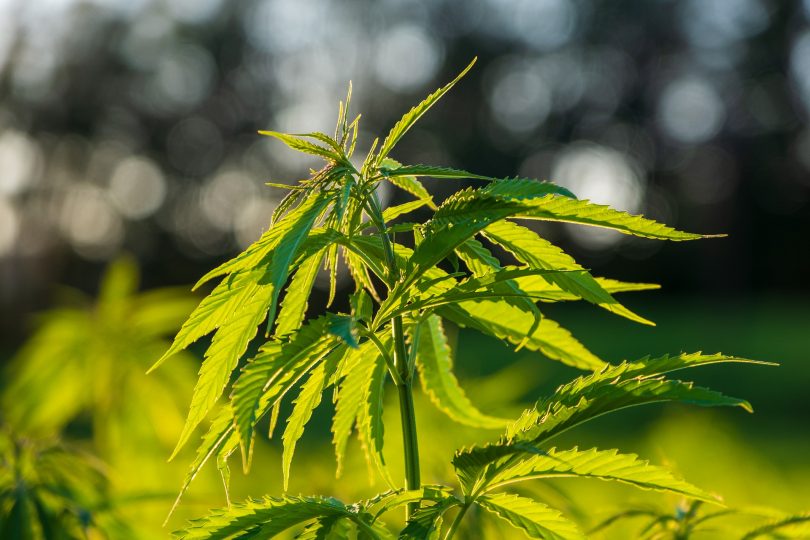California has now aligned itself with the Food and Drug Administration (FDA) in terms of cannabidiol (CBD) thanks to a newly passed bill.
The California Legislature recently passed Assembly Bill 45 (AB45), which was signed into law by Governor Gavin Newsom. As a result, a hemp-derived product framework has been specifically developed in terms of the manufacturing and selling of hemp-based products in the Golden State. But what does this all mean for CBD and the hemp industry as a whole?
Although hemp has already been federally legalized for the past three years thanks to the passing of the 2018 Farm Bill, there has been some confusion when it comes to the types of products that hemp-derived cannabinoids like CBD can be added to. Of particular interest is the FDA’s hesitancy to publish regulatory guidance since late 2018 when the entity stated that CBD was still considered an illegal component when added to foods and beauty products under the Federal Food Drug and Cosmetic Act (FDCA).
Right now, California allows cannabis-derived CBD to be added to food products, but only through licensed dispensaries. Anything sold outside of this realm is regulated by the state’s Food and Drug Branch under the Sherman Law. And since 2018, the Public Health department has been aligned with the FDA in that CBD cannot be added to food or dietary supplements sold in the state.
Even though these rules exist, there is still an underground market for CBD-infused foods and beverages that are sold in various settings, including cafes and markets. Since these products are not regulated, consumers have no detailed information about the actual CBD or THC content of what they’re consuming.
This is why AB45 was introduced and encompasses the following.
Hemp Definition Now Includes Any Part of Cannabis With Less Than 0.3% THC. AB45 amends the definition of industrial hemp to include any part of the cannabis plant that contains no more than 0.3%. That includes the plant’s seeds, cannabinoids, and isomers, among others.
Mind-altering cannabis products that contain cannabinoids like THC can only be sold and distributed through the appropriate cannabis avenues. Further, hemp products cannot contain any more than 0.3% THC in order to be considered hemp.
Hemp-Based Extracts Are Permitted For Sale. AB45 will allow consumers in California to buy hemp-based food, beverages, supplements, and cosmetics that contain cannabinoids including cannabidiol (CBD). That’s because these products are no longer considered adulterated by the inclusion of industrial hemp and its derivatives if they meet certain criteria.
California’s Department of Public Health Can Impose Regulations. The California Public Health department has a say when it comes to serving sizes, concentration of cannabinoids per serving, and age requirements.
While AB45 may have been brought forth with good intentions, ultimately the FDA needs to step in given the already wide distribution of CBD products. With so many products on the market that may not have been adequately tested, having the proper regulations in place can help protect consumers.
Image source: NickyPe from Pixabay










